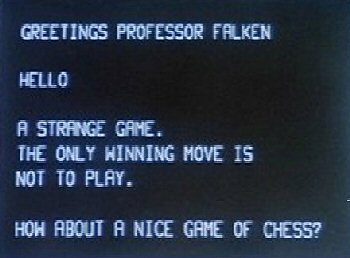Jun 11, 2013
U.S., British intelligence mining data from nine U.S. Internet companies in broad secret program
The National Security Agency and the FBI are tapping directly into the central servers of nine leading U.S. Internet companies, extracting audio and video chats, photographs, e-mails, documents, and connection logs that enable analysts to track foreign targets, according to a top-secret document obtained by The Washington Post.
The program, code-named PRISM, has not been made public until now. It may be the first of its kind. The NSA prides itself on stealing secrets and breaking codes, and it is accustomed to corporate partnerships that help it divert data traffic or sidestep barriers. But there has never been a Google or Facebook before, and it is unlikely that there are richer troves of valuable intelligence than the ones in Silicon Valley.
The National Security Agency, nicknamed such for years, is the U.S. government’s eavesdropper-in-chief.
If document requiring company to submit phone records for millions of Americans is authentic, it would be the broadest surveillance order known to date.
What has the government been doing? Is it legal? Does it mean some bureaucrat somewhere has heard all your phone calls? Read on to find out.
The National Security Agency secretly collected phone records of millions of Verizon customers.
Equally unusual is the way the NSA extracts what it wants, according to the document: “Collection directly from the servers of these U.S. Service Providers: Microsoft, Yahoo, Google, Facebook, PalTalk, AOL, Skype, YouTube, Apple.”
London’s Guardian newspaper reported Friday that GCHQ, Britain’s equivalent of the NSA, also has been secretly gathering intelligence from the same internet companies through an operation set up by the NSA.
